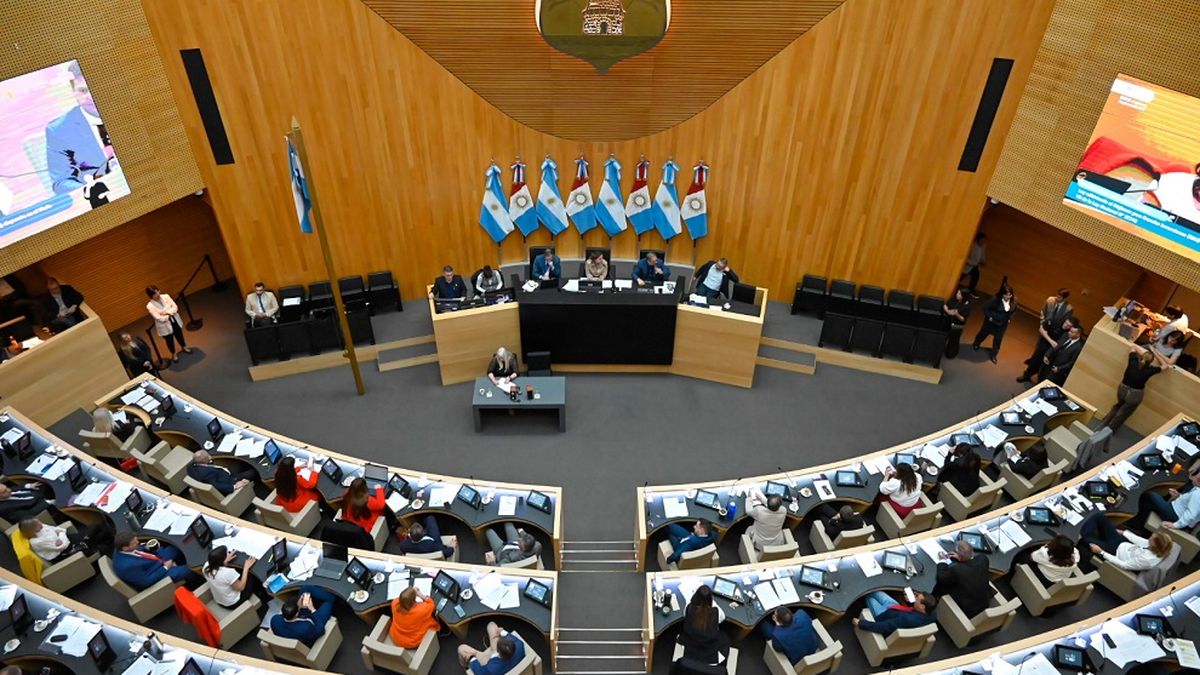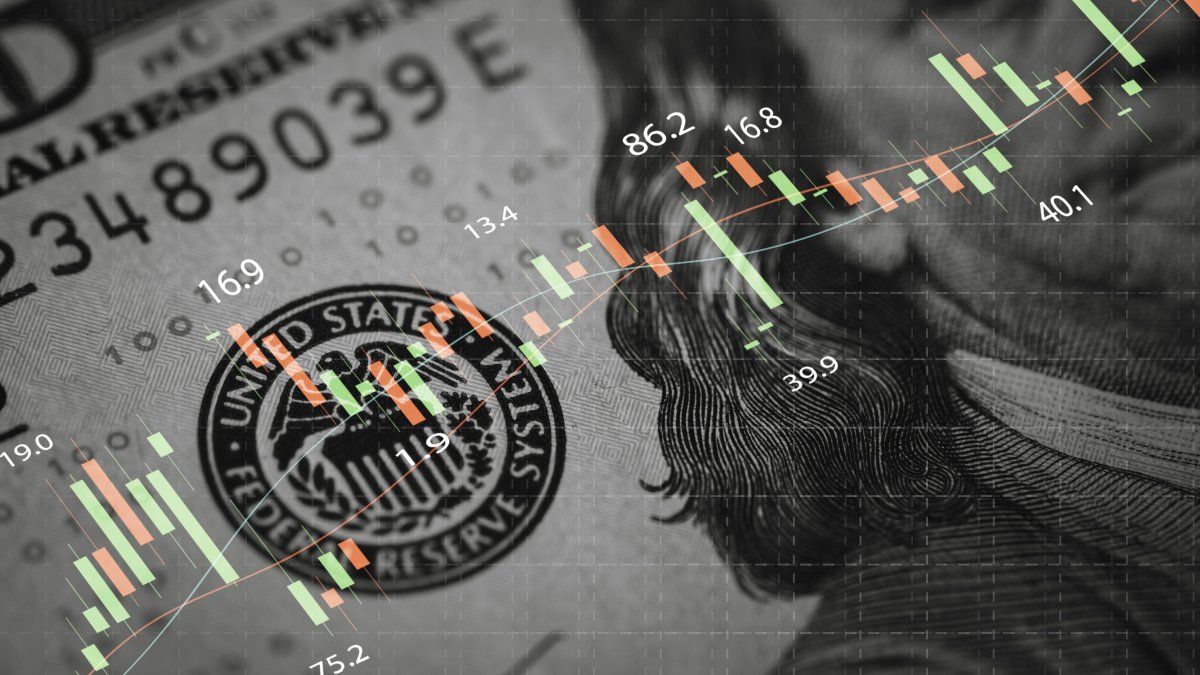After the fall in disgrace in 2024 due to lack of quorum, Congress will now advance with the clean file project promoted by the National Government. For approval, the votes of the legislators who respond to the governors will be key, many of whom already promoted their own initiatives in that regard in their provinces.
Last November, the issue could not be discussed in the Chamber of Deputies because the necessary benches were not achieved to start the session. The absence of various libertarian leaders aroused the fury of their Pro allies, raising the tension to the maximum forces of Javier Milei and Mauricio Macri.
At that time, and in the heat of that failed attempt, various districts went out to push projects of clean file in the small payment. Thus, for example, to Santa Fe, Jujuy, San Juan, Salta, Chubut and Mendoza They joined later Cordova and Black Riverwhile in the City of Buenos Aires the Legislature He lowered his thumb to the proposal of Jorge Macri In this regard.
What provinces already have a clean record
In CABA, the project of the Porteño government chief reaped 39 green and 21 red lights. Being an electoral initiative, it required 40 affirmative votes, so it was rejected, with the main opposition of union for the homeland (UP) and the Left Front and the workers.
“The clean file law failed in the legislature because Kirchnerist legislators chose to protect the corrupt instead of listening to the Buenos Aires. The policy must end with impunity and stop being complicit. Enough of privileges,” Protected the Buenos Aires mayor on the occasion.
In Córdoba, on the other hand, the local ruling reached an agreement with the Radical Civic Union (UCR) and a clean file became law.
The rule, approved by 65 legislators, prevents persons with judicial conviction in second instance to be candidates for elective or official positions of the executive, legislative and judicial powers.
“They cannot be candidates for provincial, municipal or communal elective public positions, nor to party positions, persons convicted of sentences deprived of effective liberty or the main or accessory disqualification penalty, for malicious crimes of any nature,” Express the text.
In Río Negro, meanwhile, the governor Alberto Weretilneck He promoted and achieved his own clean file law, after the legislature was approved last December, during the extraordinary sessions. The initiative obtained 36 favorable votes and only five negatives, and is classified by the local administration as the “most demanding in the country.”
Embed – https://publish.twitter.com/Oembed?url=https://x.com/rionegrogob/status/1869451454190166518&partner=&hide_thread=false
A historical advance towards a more transparent policy
The @Legislaturan approved the law of clean file, promoted by the governor @Weretilneckwhich ensures that those who have convictions for malicious crimes may not hold public office or supporters.
“We demonstrate the … pic.twitter.com/2olveqzhx9
– Government of Río Negro (@rionegrogob) December 18, 2024
The legislation contemplates that no person with double instance for malicious crimes for both provincial elective candidates and for party charges. The norm also includes similar restrictions in the case of officials of the Provincial Executive Power.
“This law, which is born from an Executive Power project, marks a before and after in the Rionegrina policy. It is not just a law: it is a commitment to ethics, transparency and a policy that responds to the values of society. In Río Negro there is no place for criminals or corrupt ”, Weretilneck commented after his sanction.
CLEAN SHEET EXTENSION
Santa Fe, on the other hand, has a clean file law since 2022. Now, the administration of Maximiliano Pullaro will seek to include it in the new text of the Provincial Constitution, which will be discussed between this year and next.
At par, Mendoza It has its own legislation since 2020, while Chubut extended in 2024 the scope of its regulations and included clean file for non -elective public offices. This reform was approved with the affirmative votes of 23 of the 24 benches of the Legislature.
The Salta case is particular. The province had that figure since 2021. However, the validity of that figure had been questioned by lawyers Luciano Romano and Laura Flores Mejía. In December, the local Supreme Court ruled by majority for the legality of a clean file.
Source: Ambito
David William is a talented author who has made a name for himself in the world of writing. He is a professional author who writes on a wide range of topics, from general interest to opinion news. David is currently working as a writer at 24 hours worlds where he brings his unique perspective and in-depth research to his articles, making them both informative and engaging.




